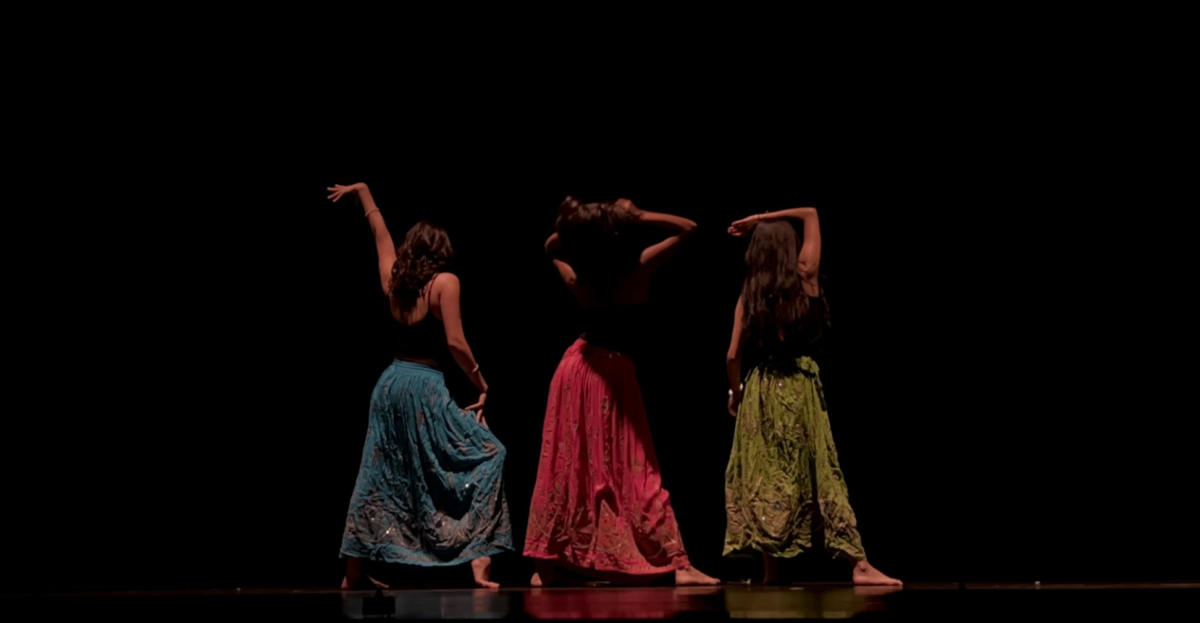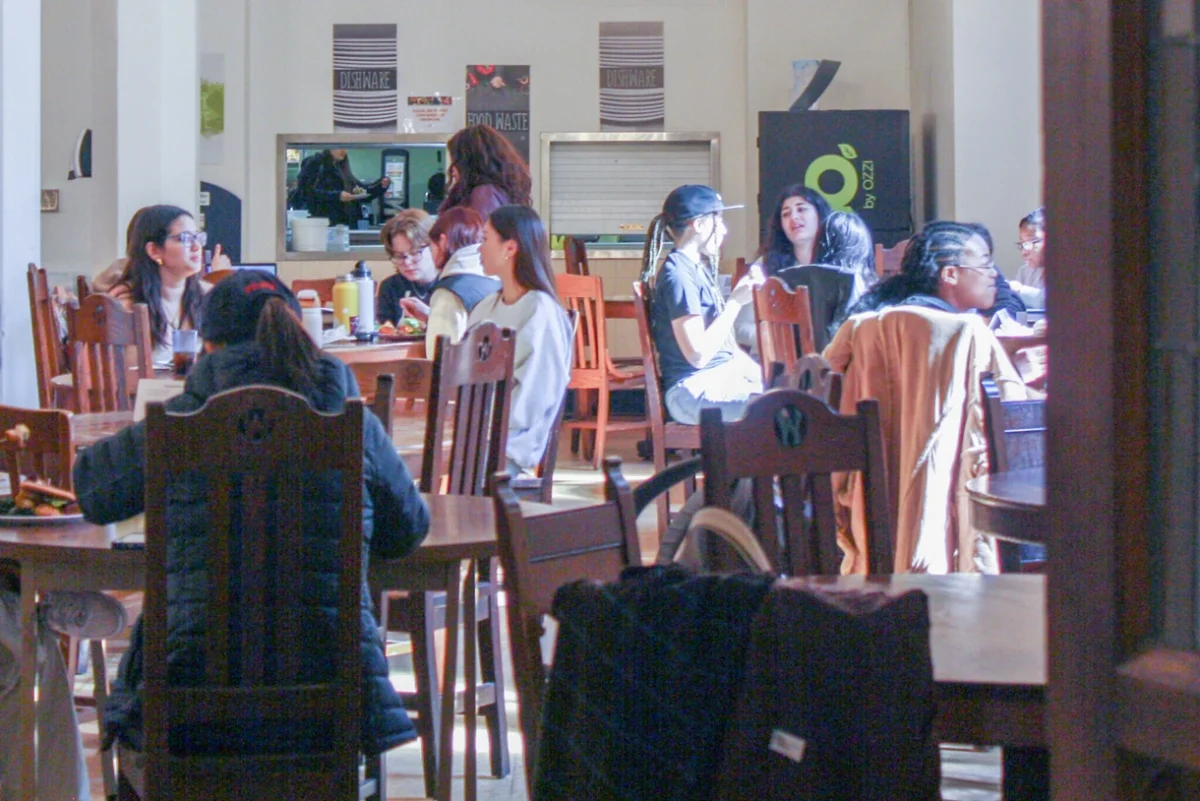What it means to be a women’s institution in the 21st century
Between all the snow days and class cancellations, students and select members of Wellesley College’s faculty and administration found time to congregate to discuss the issue of gender and the implications of what it means to be a women’s college in the 21st century. Yet there still seemed to be a disparity between viewpoints of how the institution versus the student body believed the College should move forward.
A dinner on Tuesday, Feb. 3 provided a unique opportunity for students to speak directly to members of the Board of Trustees and appointed representatives of the President’s Advisory Committee on Gender at Wellesley (PACGW).The forum that night was primarily a space for listening.
Charlotte Benishek ’16 described how it was different from the more charged town hall meeting that was held after the publication of a provocative article in the New York Times about the implications of the transgender movement at women’s institutions.
“It was warm, safe, respectful — I was really pleased by it,” Benishek said. “While there were many differing opinions, it still felt respectful and promising.”
The event began with a presentation by student representatives from the advisory committee, but people quickly broke into small tables for smaller discussions facilitated by a trustee or member from the committee. The students completed a variety of exercises including comparing different admission and graduation policies from other women’s colleges and writing down their comments to give feedback.
“I think we were mostly there to learn, more than anything, and the students on the Committee wanted to share what they do and disseminate that information,” attendee Melanie Chen ’16 said. “It was helpful to see the wide spectrum of policies that exist.”
Although neither Benishek nor Chen had a chance to talk to trustees firsthand, they both felt heard. Aside from providing an overview of the process that the committee and institution was taking, the students also discussed hypothetical scenarios and assessed current policy within their groups.
At Benishek’s table, Director of Residential and Campus Life Kris Niendorf pointed out how the institution uses language in its communications with students in its catalogue and on its website. Niendorf drew attention to the use of female gender pronouns and addresses such as “your daughter,” and pressed students to think about the impact such language might have on students.
“[Niendorf] says that in all her communication to students, she intentionally makes them gender neutral,” described Benishek. “And then we went around the table, and like of course we’ve all received things from her, and the person at the table who didn’t identify as female was like, ‘Yeah, I noticed that and I appreciated that,’ and then the people who identified as female were like, ‘I didn’t notice that.’”
Overall, the event provoked students to consider arguments and perspectives that they had never previously considered. While it did not seem to sway people’s opinions and stances, it certainly provided an opportunity to learn more from one another, practice articulating beliefs and separating opinions that are backed by reasoning from pure feelings and emotions.
“The intention of the meeting was to gather opinions and thoughts from as many students as possible on the issues that our PACGW has been working on over the past couple of months,” Niendorf explained. “It was also an opportunity for trustees and committee members to hear directly from students.”
The committee intends on reviewing the data it has received from students and alumnae so that the trustees can be informed in their decision making. Niendorf was pleased with the success of this event and added that there is likely to be a final document with all the comments from the evening posted on their website.
“The trustees always enjoy their time with students. At this meeting, they met jointly with the PACGW to review both groups work thus far,” Secretary of the Board of Trustees and Assistant Vice President Marianne Cooley added. “Both committees’ conversations are productive and outgoing.” She also confirmed that as work continues over the next month, any updates from the PACGW will be available on their website.




